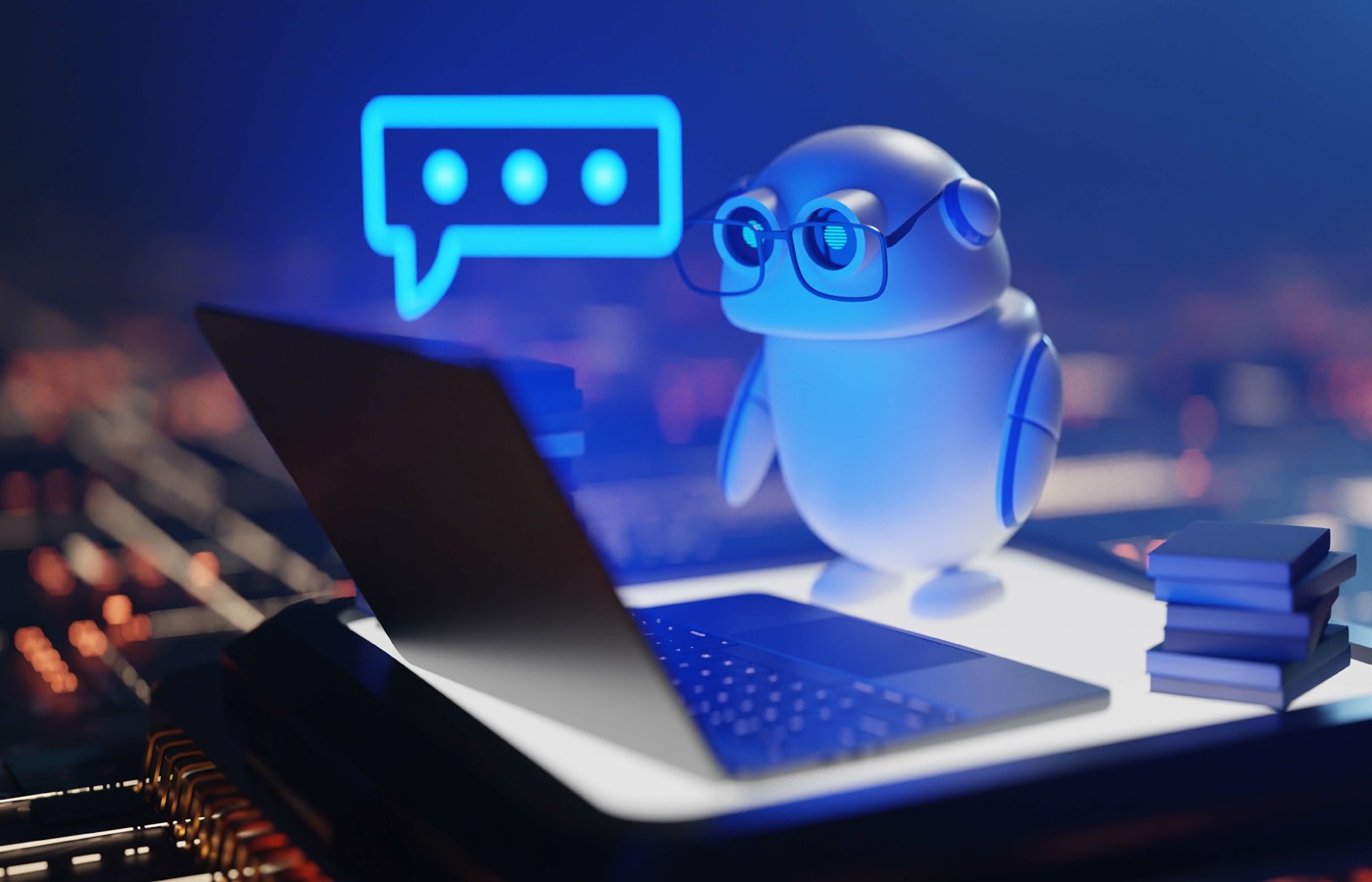Generative AI and artificial intelligence could make a huge difference in healthcare development by overcoming labor and budget shortages. With technology advancing more and more every day, businesses can conduct business intelligence, freeing clinical resources from admin tasks and enabling healthcare professionals to focus on other high-value tasks.
In 2025, these changes may range from treatment plans to clinical support, the admin process, drug discovery, clinical trials, and more. Reliable Generative AI development services integrated with healthcare automation may result in a more functional, scalable, and productive working method.
But these may also present some new challenges. Education in this field is necessary to enhance access and achieve better outcomes in healthcare. In this blog, we will understand how AI services will impact the healthcare system in 2025.
Let’s Begin!
How Are AI Generative Services Being Used For Development?
At the exact moment, most organizations are using artificial intelligence to enhance automated processes. AI and robotic process automation (RPA) are already being used in the medical field. This ongoing trend toward data entry and administration is expanding its capabilities, and so are its use cases.
Generative AI solutions are good at handling large data with accuracy. Having this much knowledge regarding AI, we can find various use cases in healthcare services. AI can work with structured and non-structured data, dragging vital information and offering insights to decision-makers. These services can help connect systems like electronic health records with other systems to keep relevant information and error-free.
Generative AI development is set to reshape the healthcare system with its numerous abilities, including analyzing data, developing insight, and assisting in developing innovative personalized solutions. By integrating these solutions into healthcare development, they bring various benefits, enabling providers to deliver fast, accurate, and cost-effective services. Below are some key advantages:
Improved Preventative Care
Generative AI solutions help with accurate screenings while searching for abnormalities in medical images such as X-rays and MRIs. It can quickly analyze complex images that too with high precision. These services are beneficial for analyzing vast data and images to pick out dark spots, which may take clinical hours to access and still could be missed. This improved accuracy reduces the chances of misdiagnosing, leading to on-time treatment and successful outcomes.
Better Risk Management
With AI services in play, it can use patients’ historical medical data and symptoms against a database to find possible health issues. It is also capable of creating plans for patient healthcare. AI could also assess the risk of certain medications and treatments based on the patient’s experience from his medical history.
Free From Tedious Work
Automation with generative AI development could help in tackling clinical notes, filling patient forms, extracting history, collecting data, managing appointments, and other services to handle administrative staff. With all these tedious tasks being shifted to AI, the staff can focus on other essential things, including patient care. Improve patient satisfaction and quick services with 24/7 availability.
Enhanced Discoveries & Support
Generative AI development may expedite drug development in healthcare by indicating molecular behavior and streamlining clinical trials. It may reduce the excess cost and time to bring new medicines to the market.
AI tools may be able to offer virtual online counseling and develop personalized mental health resources for individuals. This step can increase the accessibility to mental health care.
Security and Privacy Challenges in Generative AI
Healthcare data is highly sensitive and personal; therefore, any compromise in its security may have consequences not only for patients but also for healthcare institutions. Generative AI solutions are trained to handle vast data. These systems rely on data to train their models.
This data may include personal patient health information, medical history, and genetic data. Exposing this kind of data could lead to privacy violations. Thus, securing AI models against cyber attacks, phishing, and other online attacks is essential.
A small mistake in healthcare can lead to inaccurate diagnosis, wrong treatment recommendations, or differences in patient care. Hence, addressing data security concerns is essential in healthcare. You can use data protection solutions for your model and secure your data while mitigating the risks of privacy violations or exploitation of personal data.
Conclusion
Generative AI development is redefining healthcare solutions with new advanced technology with vast opportunities in diagnosis, patient engagement, and operational efficiency.
In 2025, these services are ready to generate a more responsive, accurate, and user-centric healthcare system for patients. Businesses opting for this technology will lead the charge for delivering revolutionary healthcare solutions for tomorrow.
The future is not only about curing diseases but also about using this robust, cutting-edge technology to prevent diseases while improving the quality of life and ensuring access to all.
Teqnovos is a generative AI development company offering AI services to build the future. Connect with us today and make this future a reality!
